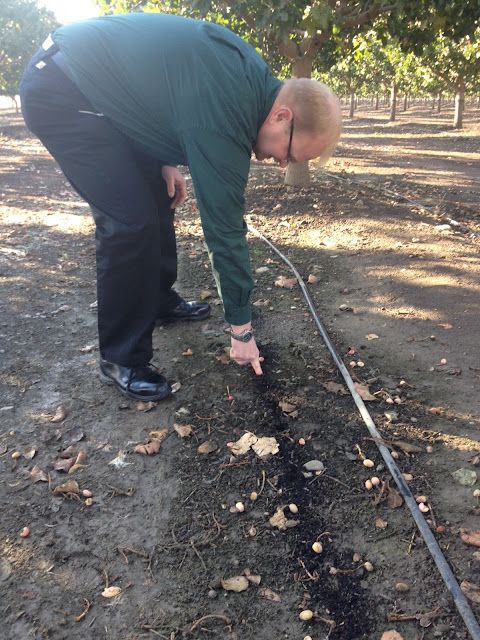Here's a followup to a story we posted a year ago, where Soil Secrets proves its Bio-Identical Humic Acid product TerraPro can fix a major problem of agriculture. Compacted Soil. However the Mechanism of Action that caused this change to the soils structure can only happen if the Humic Acid characteristics are Supramolecular. Soil Secrets owns the molecular description of those carbon rich molecules that provide this benefit.
Our Distributor John Miller just sent this letter to me today, concerning the Pistachio orchard in California that tested our TerraPro product. They measured for changes in soil compaction using a penetrometer where huge changes took place in a short period of time. See our http://www.soilsecretsblog.
Our Distributor John Miller just sent this letter to me today, concerning the Pistachio orchard in California that tested our TerraPro product. They measured for changes in soil compaction using a penetrometer where huge changes took place in a short period of time. See our http://www.soilsecretsblog.
Photos from January 2015







